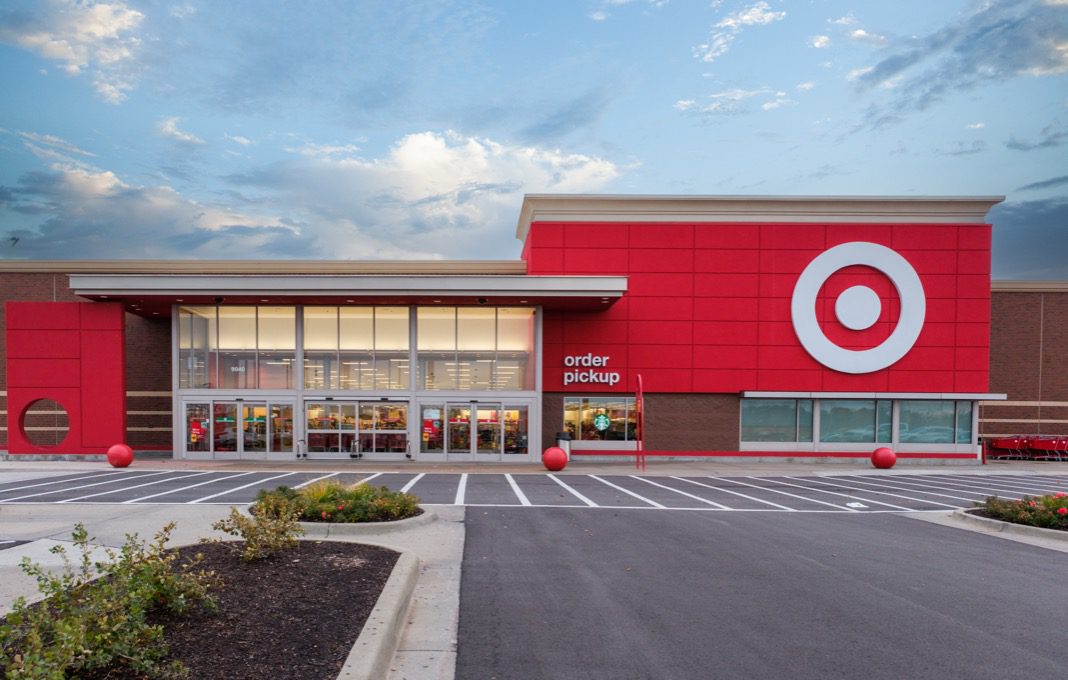The recent news regarding American retail giant, Target, is yet another example of how a company’s approach to diversity can be misconstrued if not managed delicately. Recently, Target’s Chief Diversity and Inclusion Officer, Kiera Fernandez, reportedly called on white women in the company to do more work to combat racism, stirring up controversy and misunderstandings about the retailer’s stance on diversity and inclusion.
Target compounded its existing controversy by pulling some of its Pride Month merchandise due to increasing confrontations in its stores and instances of merchandise disrespect. Members of the LGBTQIA+ community accused Target of failing to stand behind its commitments, casting a shadow over the company’s proclaimed support for diversity.
Just as Bud Light faced backlash for their affiliation with a transgender influencer, Dylan Mulvaney, Target is also experiencing the challenges that come with navigating delicate societal topics in a corporate environment. In both cases, the companies were attempting to promote diversity and inclusivity but fell short in their communication and crisis management strategies, causing both stories to take a different turn than initially intended.
Lessons from Target and Bud Light: Common Missteps and How to Avoid Them
What could Target and Bud Light have done differently? There are several important lessons to be learned from their experiences.
• Clear and effective communication. Both companies could have communicated more effectively. Target’s call to action was interpreted by some as blaming a specific demographic, while Bud Light’s marketing campaign with Mulvaney seemed to many as exploiting a minority group for profit. In both cases, clearer and more sensitive communication of the company’s intentions could have circumvented the controversy.
• Anticipating backlash is crucial. In Bud Light’s case, they partnered with Mulvaney without seemingly preparing for possible negative reactions. Similarly, Target’s diversity message, while important, was released without clear plans for managing potential pushback. The company also failed to adequately account for the negative response to removing Pride merchandise from their stores, given the context of the existing outrage from conservatives. An anticipatory approach can help in formulating proactive responses.
• Transparency and openness about the company’s intentions are critical. Both Target and Bud Light could have provided a more comprehensive explanation of their intended outcomes. For instance, Bud Light didn’t recruit Mulvaney as its official spokesperson, but as one of 11 influencers aiming to boost brand buzz among a younger, more diverse audience.
In a similar vein, Target’s removal of merchandise was driven by legitimate concerns for employee safety and the protection of their stores and goods. Yet, the intentions behind these decisions were not clearly conveyed. By articulating their motivations more transparently, both companies could have fostered trust and dispelled any notions of exploiting the situation for corporate advantage.
• Timely response to backlash. Responding to the backlash promptly and genuinely can prevent a negative spiral. Bud Light seemed to second-guess its commitment instead of standing firm, while Target’s handling of its issues seemed to some as an attempt to shirk responsibility. Timely acknowledgments and showing a willingness to correct missteps can be vital in retaining consumer trust.
• Consistency with a company’s values is crucial. Brands must align their actions with their espoused values, as any disparity could cause customers to question their integrity. This was evident in both Bud Light’s and Target’s cases, where their actions seemed to contradict their proclaimed commitment to diversity and inclusivity. Staying true to core values, even in the face of backlash, is the key to maintaining a brand’s integrity.
Navigating sensitive issues such as diversity and inclusion isn’t an option for corporations; it’s an imperative. The trials of Target and Bud Light have laid bare that a misstep in this arena can chip away at the bedrock of trust, branding and reputation.
However, the intersection of societal discourse and corporate strategy need not be a road to ruin. Armed with transparent communication, an anticipatory stance, and absolute alignment to core values, companies can navigate these challenges with integrity. And in doing so, they not only promote diversity and inclusivity but also foster a powerful corporate culture that resonates with their customers, employees, and society at large. Remember, it’s not the backlash that defines a company, but how they rise from it, embodying its values with every step.







